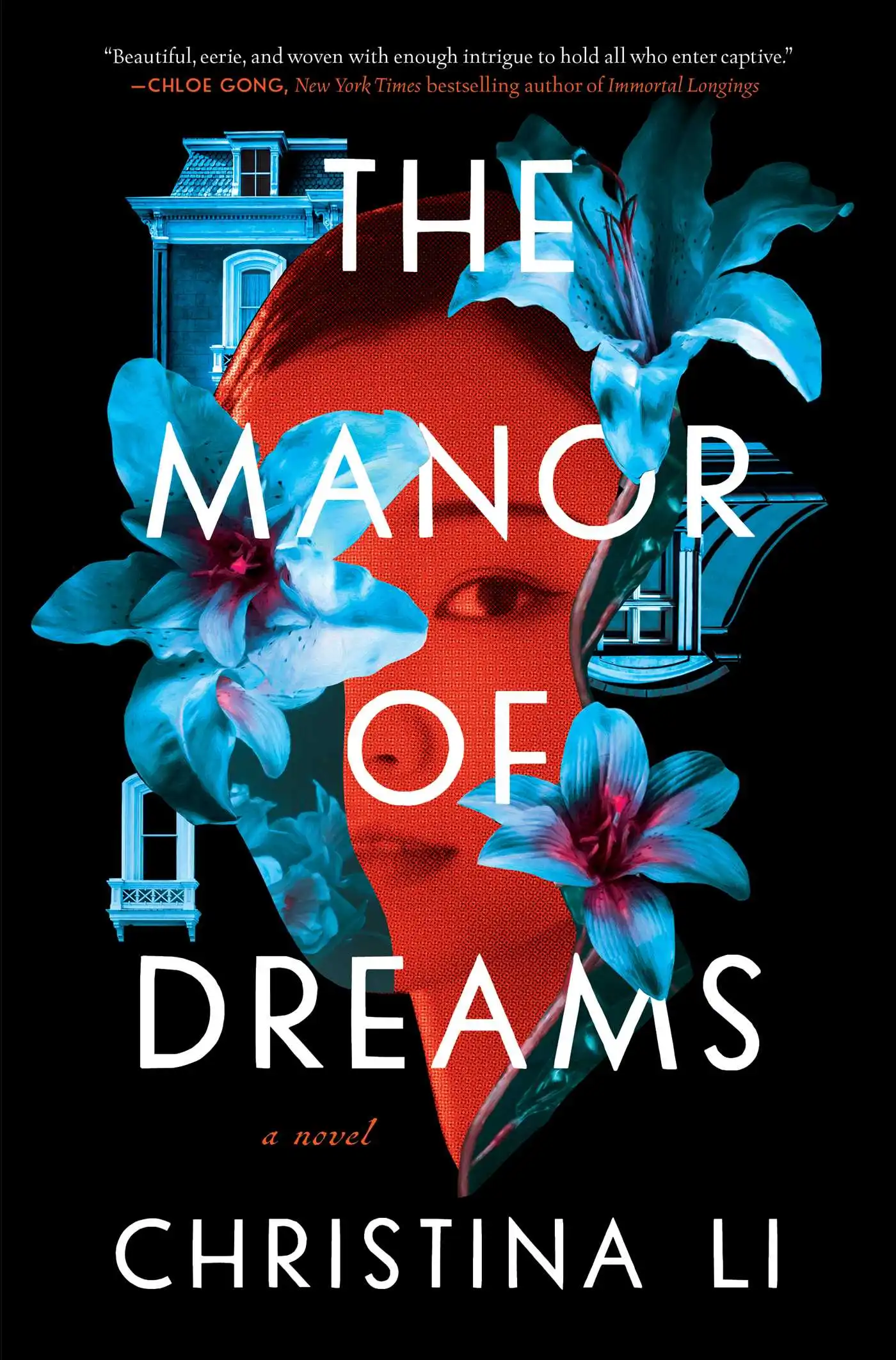
An Interview with Christina Li
Words By Christina Li, Interviewed by Bekah Bahn-Crownover
I noticed you have degrees in Economics and Public Policy from Stanford. Could you share the story of how you transitioned from those fields to becoming a published author?
I didn’t transition so much as I came into college knowing I was interested in many things. I was a lifelong avid reader and writer and had cobbled together an education of sorts by attending local author events, reading fiction and craft books, and voraciously consuming any advice that anyone had to offer. At the same time, I was interested in other subject fields—namely, how economics and public policy affect our day to day lives. I wanted to construct a life in which I could meaningfully participate and contribute to the subjects that interested me.
You published Ruby Lost and Found in 2023, True Love and Other Impossible Odds in 2024, and now The Manor of Dreams, your adult literary debut, in 2025. That is amazing! Were you working on these projects simultaneously?
As publishing a book takes years, sometimes things are happening concurrently, or out of order! I wrote Ruby Lost and Found in the summer of 2021 when I graduated from college. I did a one-year graduate program, in which I first drafted Manor (January 2022). I then rewrote True Love and Other Impossible Odds the summer of 2022, which I first drafted in the fall of 2020. I wrote whatever project compelled me at the moment.
What inspired your shift from children’s literature to adult fiction? How did that transition feel to you?
Again, I write about themes that interest me. I grew up loving children’s fiction, so I was interested in tackling ideas of growing pains and self-discovery. But I knew immediately the Manor was going to be an adult fiction project because it wasn’t about coming of age—it was about inheritance and consequence—which are very adult ideas.

What sparked the idea for Manor of Dreams?
I went to a university founded by a man who had amassed an incredible amount of wealth from building the Transcontinental Railroad. In its construction, thousands of Chinese immigrants were exploited for their labor, working for less pay than their white counterparts in terribly dangerous conditions. It is said the ghosts of the Chinese workers who perished in its construction are stuck in the Sierra Nevada mountains without proper burial, and their screams echo in the wind. Being Chinese-American myself, I was dealing with the cognitive dissonance of going to a beautiful institution that had such a hidden and conflicted past. This heavily inspired the core of Manor of Dreams.
Manor of Dreams has a gorgeous blend of mystery, horror, romance, and familial legacy. Were these elements part of the story from the beginning, or did they develop as you wrote?
They were all a core part of the book when I started. It was a big challenge when first drafting this book because I wanted to touch on so many themes—from the familial dynamics, to the romance, to the mystery of Vivian Yin. It was tough to maintain focus. But through edits with my brilliant editor, Margo, we were able to individually hone those elements and cohesively bring them in conversation with one another.
Your novel has been compared to Mexican Gothic and The Seven Husbands of Evenlyn Hugo. Are there any films or books that inspired the eerie atmosphere of your novel?
Yes! I wanted it to evoke the chaos of Knives Out (I always pitch this book as “Knives Out but set in a haunted house”), and also have the emotional, gothic timbre of Mike Flanagan shows such as The Haunting of Bly Manor or The Fall of the House of Usher.
Imagery of rotting land, thorned roses, and crumbling foundations plays a significant role throughout this narrative. How did you approach crafting vivid, foreboding images to create intricate layers of thematic and metaphorical richness?
I wanted to create a consistent mood of dissonance to flesh out the story: the flowers in the garden are beautiful, but deadly. The house is massive and grand, but the ceilings are warped, and the interior is falling apart. I wanted these aspects of setting to all conflict with each other. There’s also something compelling about the garden metaphor along with the house—about roots and foundations and what happens when the very foundations of your family, or your dream, or your aspirations are rotten.
I was also enamored with the multi-POV that spanned across three generations of the Yin family. Can you talk about the importance of threading each of these generations of women together?
I am so sentimentally enamored with multigenerational stories. The question of what we knowingly and unknowingly inherit from our families will always be something that fascinates me. Manor is about the inheritance of a physical home but also about the inheritance of so many intangible things—ambition, expectations, traumas, secrets, love, and everything that makes up a family. I also wanted the multigenerational lens to explore the potentials of learning and growing—how one generation could fall into the same cycles of keeping secrets and burying traumas, but how the next generation could break those cycles and move forward.
The publishing process can feel more daunting than writing a book itself. What was that process like for you, especially moving between genres? What advice would you give to aspiring authors who are about to start or in the midst of the publishing phase?
I am incredibly lucky to have a literary agent (we’ve been working together for about ten years) who has eagerly championed all the works that interest me, from my children’s fiction to YA to this general adult fiction. Aside from that, it’s a matter of cultivating trust with your publishing entities. I’m also very lucky to work with brilliant editors who can intuit what I’m trying to do with a book and provide feedback on how to get there. The advice I would give now is to keep writing, and that there is no effort or words ever wasted, and that effort will all go somewhere someday.
Okay, final question! I’ve seen a few intriguing hints about a new project on your social media, and I have to ask—what’s next for you?
I’m so excited to talk more about it! For now, what I can say is that I’m currently in the middle of working on a YA thriller (I’m going back to my kidlit/YA roots!) and it’s been the most fun, mind-bendingly, twisty time of my writerly life.